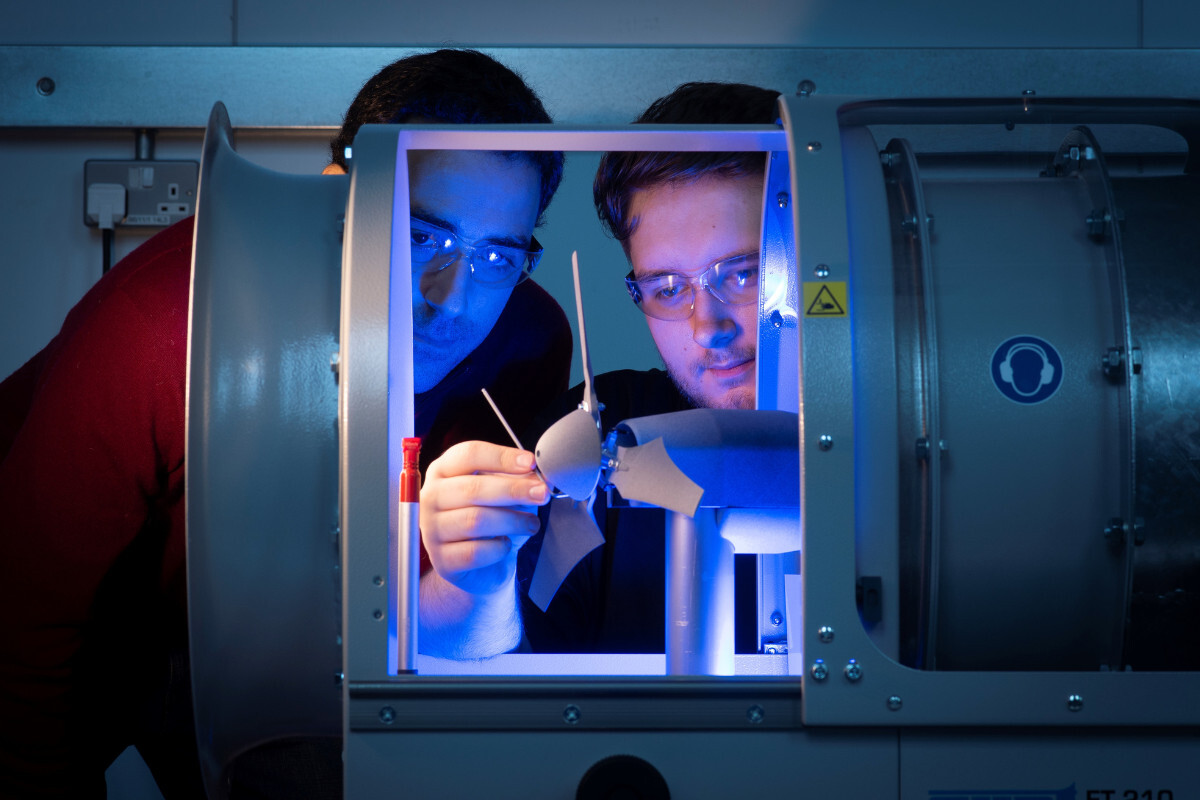A new effort to support innovation and enterprise across the south-east of Scotland has been announced by Edinburgh Napier University (ENU), Queen Margaret University and Edinburgh College, as part of Scotland’s National Innovation Week.
The three institutions have agreed a collaborative partnership with the aim of developing the region’s innovation, enterprise and skills through improved connectivity with academic expertise and support.
The focus of the partnership will be to support innovation and entrepreneurship in line with nationwide plans to boost Scotland’s economic development.
The agreement will enhance work towards ambitions laid out in the Edinburgh and South East Scotland Regional Innovation Action Plan, the Scottish Government’s National Innovation Strategy and its Entrepreneurial Campus Blueprint, by strengthening entrepreneurial skills and networks across Scotland.
There will also be increased collaboration around knowledge exchange and innovation projects, which aim to bring academic expertise to businesses and organisations that could benefit from it.
This new agreement follows the recent expansion of ENU’s enterprise hub Bright Red Triangle (BRT), to offer specialist support to Queen Margaret University and Edinburgh College students and alumni. Since its formation in 2005, BRT has supported more than 1,000 start-ups and freelancers from the ENU community from its Start Up Studio in Edinburgh.
Some of the early collaborative work between the academic institutions include entrepreneurial support for students as well as regional upskilling and innovation to support SME and public sector bodies.
Further, the partnership is already focusing on delivering against the Entrepreneurial Campus Blueprint, as well as piloting a Knowledge Exchange Concordant across the partner institutions.
“We are delighted to commit to this new partnership between our institutions – building on our shared enterprise services by developing an integrated innovation pathway to support the region’s companies and public sector agencies,” professor Gary Hutchison, assistant principle at Edinburgh Napier University said.
“Edinburgh Napier University has a strong track record of supporting entrepreneurs to take their innovative ideas to the next level.
“This collaboration will build on the expertise of all three institutions, with an overall aim of contributing to Scotland’s economic development, while benefiting our students, communities and industry partners.”
Professor Richard Butt, Deputy Principal of Queen Margaret University, said: “We are delighted to be part of this exciting partnership which will elevate the role of skills development as a pathway to innovation – whether that be through support for student, graduate and staff enterprise or research and knowledge exchange collaborations across our HE and FE colleagues, local businesses and organisations.
“The new partnership also allows us to focus on delivering impact in community wealth building, to support the generation, circulation and retention of wealth in our local economy.
“We look forward to working with our Edinburgh Napier University and Edinburgh College colleagues to enhance our collaborative approaches and improve our economic impact locally, regionally and nationally.”
Recommended reading
Mike Jeffrey, Vice Principal Corporate Development at Edinburgh College said: “This new partnership presents an exciting opportunity for Edinburgh College to strengthen our existing support for entrepreneurship and innovation across our student body, alumni network, and wider industry connections.
“In today’s fast-paced economy, it is essential to equip students with entrepreneurial capabilities alongside technical and vocational expertise. At Edinburgh College, we work with a broad network of organisations to ensure our students are not only prepared to excel in their chosen professions but are also empowered to become the innovators who will shape the future.
“Through collaborating with our university partners to share knowledge, resource and expertise, we look forward to further embedding a culture of knowledge exchange throughout our college community.”
Related

